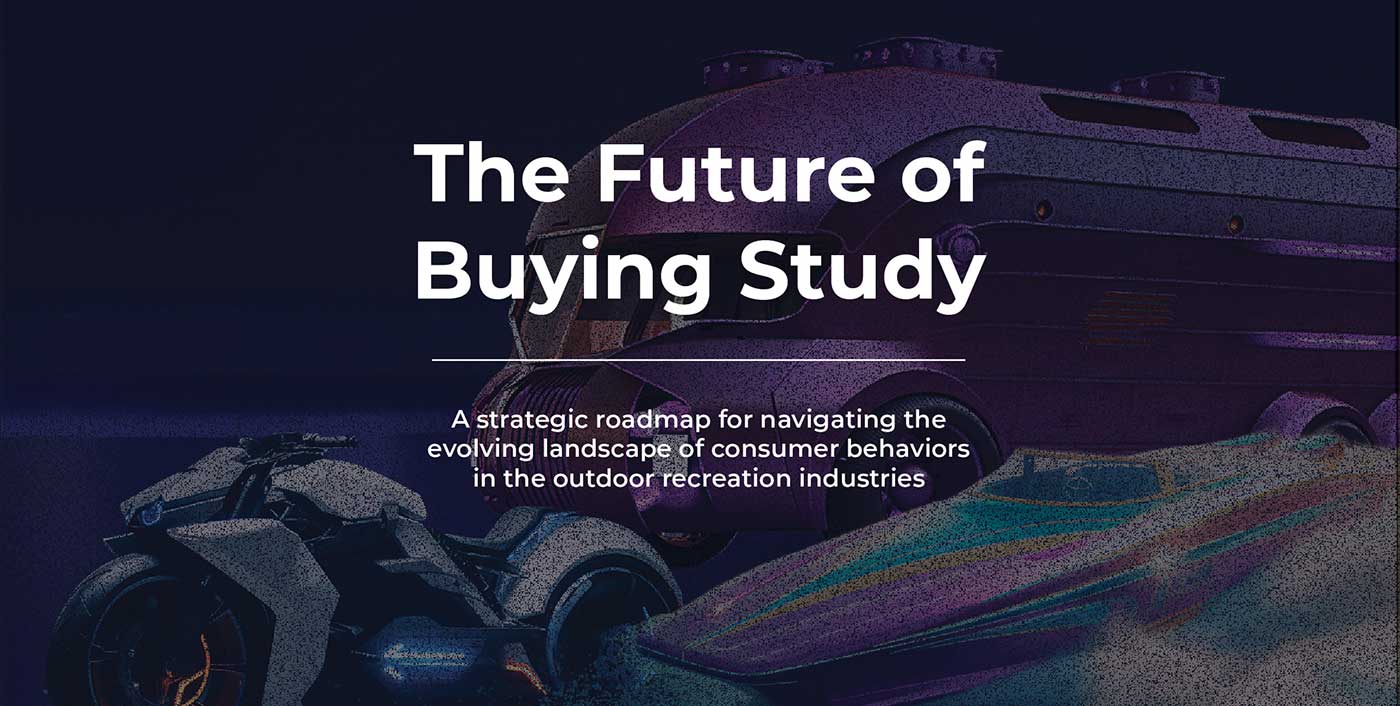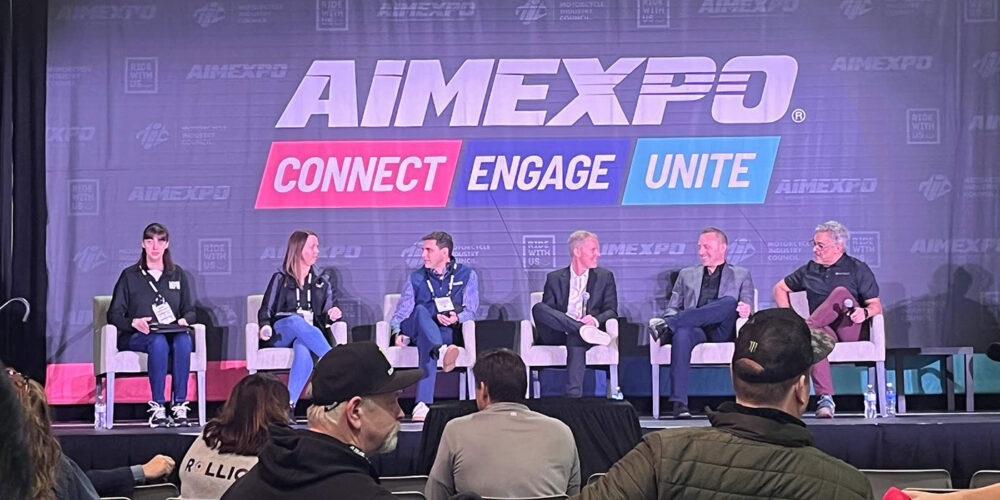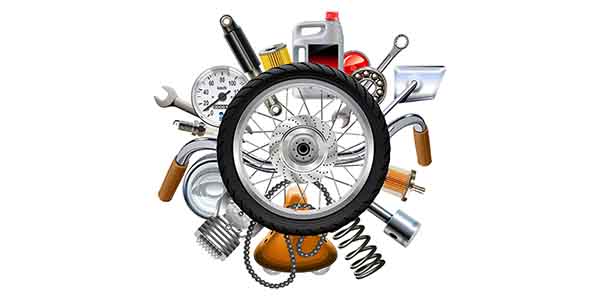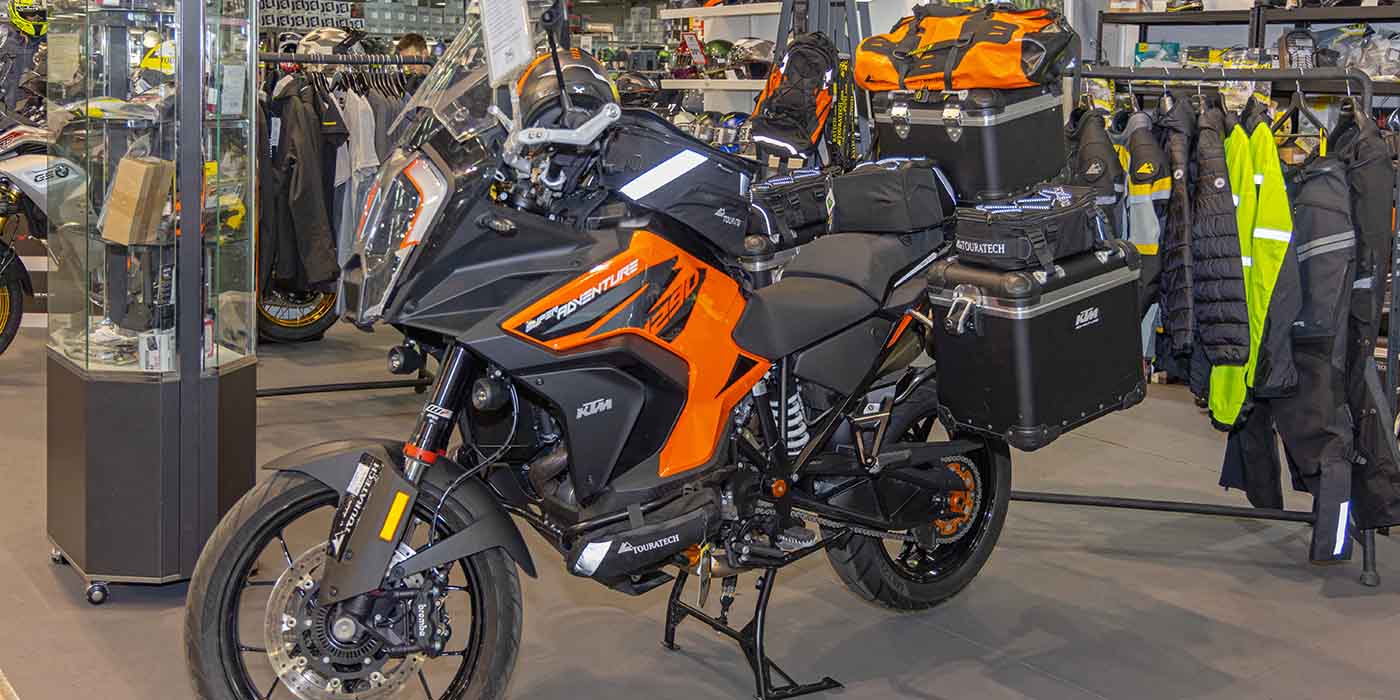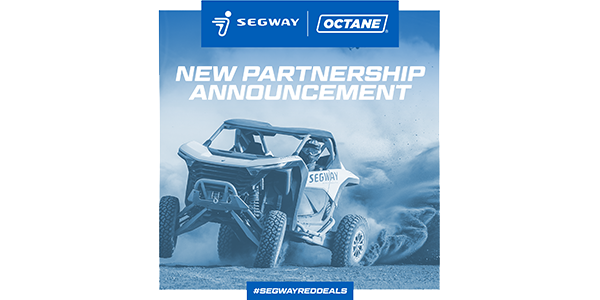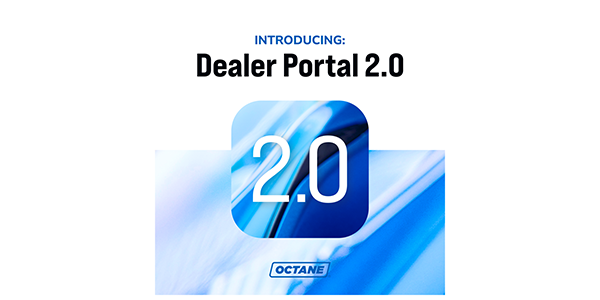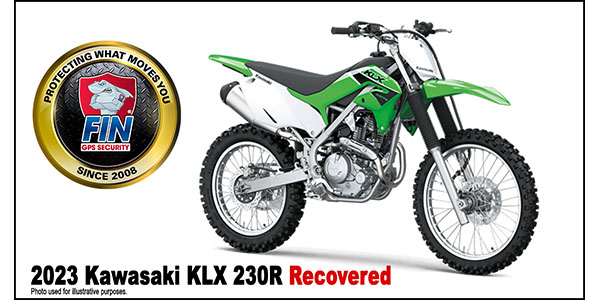The parts and accessories market for powersports vehicles and motorcycles is expected to surpass $14 billion by 2027. Add-ons are already crucial profit drivers for powersports dealers, but maintaining a grasp on a piece of that aftermarket pie is difficult if the products you offer don’t meet your buyers’ quality standards. Consider the challenge of selling GPS trackers.
There are hundreds — if not thousands — of tracking devices available in the market. It can be overwhelming for you and your customers deciding which is the best option.
Your finance and insurance (F&I) managers have almost certainly heard some of these objections if you already offer similar units:
- “I’ve never had anything stolen before. I probably don’t need this.”
- “My vehicles will be locked in my garage when I’m not using them. They’ll be safe.”
- “Does this mean your dealership can track my location? I don’t like the sound of that.”
While a good closer can and should overcome basic objections, that doesn’t mean you should offer your customers a substandard product. Offering a great product that your managers believe in makes closing much easier.
So, what capabilities and benefits should you be looking for in a GPS tracker? What will your customers want to see? Here are four things you should expect from a tracker that your customers would want — and that you’d put on your own vehicles.
Locates Vehicles on Demand
The first thing you should look for in a tracking device should be quite obvious: It needs to be able to pinpoint a vehicle’s location at a moment’s notice. While a buyer might be reluctant to purchase a unit if he or she has never experienced a vehicle being stolen, that pain will be very real when it does happen. It’s a violation of your sense of security and your peace of mind.
At minimum, a good GPS tracker should be reliable, effective and able to find vehicles on demand. Here are some questions you should ask your vendors:
- Does the tracker provide real-time updates, or is it limited to when the vehicle is turned on or off?
- Does the vendor provide the customer a 24-hour recovery guarantee?
- How long does it take for the buyer to get help or location information?
- Who does the buyer contact for support? The vendor or the dealer?
The faster the customer gets the vehicle back, the more likely it’ll be in repairable condition.
Saves Small Powersports Batteries
One of the biggest red flags to watch for in tracking units is the amount of battery power they use. Many trackers are designed for large automobiles and can drain small powersports batteries quickly. Nobody wants to be stranded on a remote trail with a dead battery. Offer your buyers a tracker that’s designed specifically for powersports vehicles like motorcycles, ATVs and personal watercraft and isn’t too taxing on batteries.
Also, ask your vendor if the device can be used to monitor battery levels remotely. Powersports vehicles aren’t like normal vehicles and often aren’t driven routinely. As a result, the batteries can slowly drain simply by sitting dormant. Look for a GPS tracker that can provide the owner with real-time battery status updates, so they can be sure they’re charged for the weekend.
Enhances Ownership Experience
Convincing customers to invest in an add-on for something that might happen can be a tough sell. It’s important to educate them on how a tracking device can enhance their ownership experience beyond recovering stolen vehicles. The unit you offer should have features to back up your sales pitch.
For example, you could present the following scenario to your buyers: They’re out cruising unfamiliar back roads with a group of motorcycle-riding friends. With a desire to explore and feel free, they didn’t rely on GPS navigation and went where the road took them. They stopped at a hole-in-the-wall café and later took a turn down a beautiful, winding trail canopied by large oak trees. It was a fantastic ride, but by the time they returned home, they couldn’t remember the exact location of that awesome café or trail.
A GPS tracker should offer more than recovery. It should be able to put a map of that day’s route right in the palm of your buyers’ hands. Then they can feel free to explore and return to their favorite spots later.
Generates Profit
When offering add-ons, the end goal is to make money for yourself and your dealership. Offering your buyers something they want helps you move units and drive profit. For example, an F&I manager at Freedom Powersports McKinney sells around 20 GPS units per month. He even installed a tracker on his own personal watercraft.
Selling a GPS tracker that locates vehicles on demand, enhances buyers’ ownership experience and conserves powersports batteries is the way to generating the add-on profit you seek.
Matt McAfee is the national sales manager of MOGO. For the last eight years, he’s helped automotive and powersports dealers protect and manage their assets. Before that, he spent more than 15 years working in a variety of departments in automotive dealerships, building hands-on knowledge that has guided him in helping dealers be more secure and efficient.


